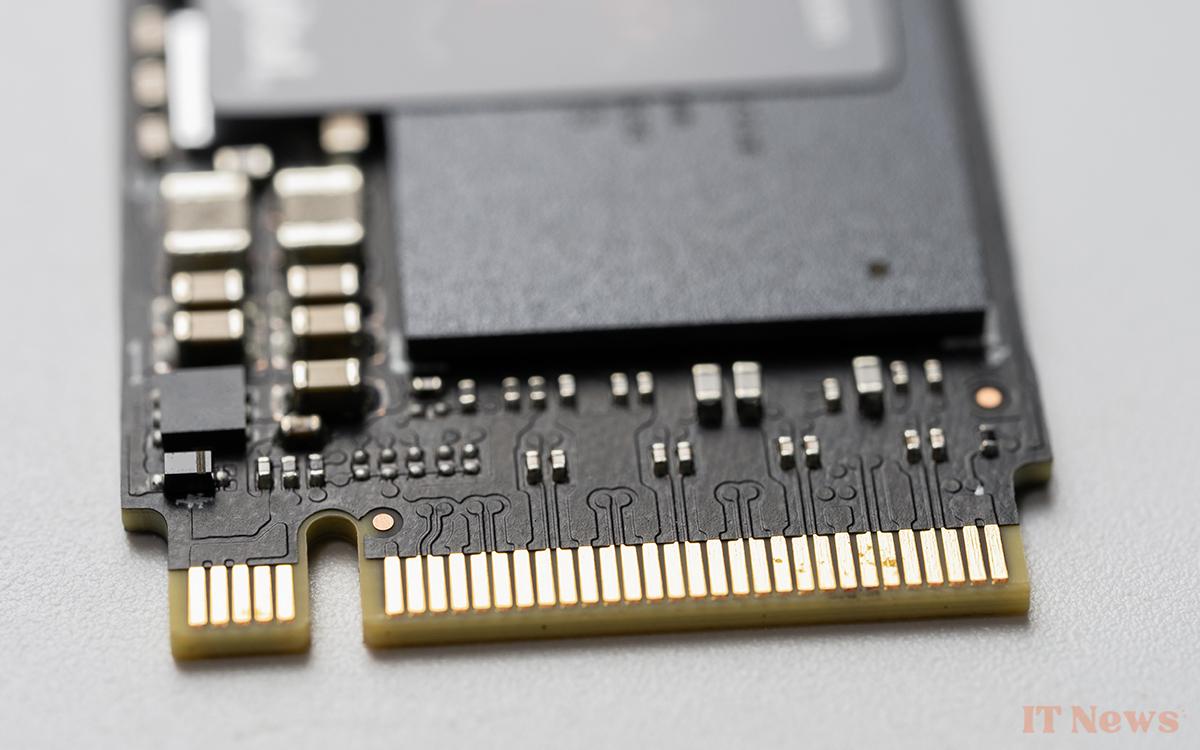A manufacturer is finally delivering on the promise of even higher capacities for SSDs, with even faster transfer speeds. PCIe Gen5 volumes of up to 128 TB are thus about to be released. be put on the market.
One of the leaders in the manufacture of NAND chips and controllers, Silicon Motion Technology, announces the arrival of a new controller that now allows SSD manufacturers to offer storage capacity of up to 128 TB.
All this while relying on particularly high-performance 2 TB QLC NAND chips as well as the PCIe Gen 5 standard. This storage volume will thus be capable of delivering transfer speeds of up to 14 GB/second in random reading. That is a 25% increase in performance compared to existing PCIe Gen 5 solutions.
Who are these ultra-high-performance SSDs really aimed at?
For now, this technological feat is primarily intended for the b2b market, in other words, businesses. The controller developed by Silicon Motion is indeed enterprise-grade, with 2TB QLC NAND chips whose price remains a priori very high.
SSDs combining such bandwidth with such storage capacity do not really meet a need for the mass market in any case. Where these devices are most relevant, however, is around the training of large LLM models running AI, and other applications related to artificial neural networks.
Several SSD manufacturers have, or are developing ultra-fast 128TB SSDs based on this technology. In its press release In a press release, Silicon Motion cites Innodisk, which can thus offer a new generation of SSD volumes for servers dedicated to AI as well as data centers.
Exascend, for its part, explains that it has also developed an SSD dedicated to AI servers to “meet storage demands in the AI era”. Private consumers requiring large storage capacities are therefore not really targeted by this announcement.
However, the latter can generally rely on alternatives such as high-capacity hard drives for long-term storage, or more conventional SSDs when they need increased performance when accessing files – for example, for video editing.




0 Comments